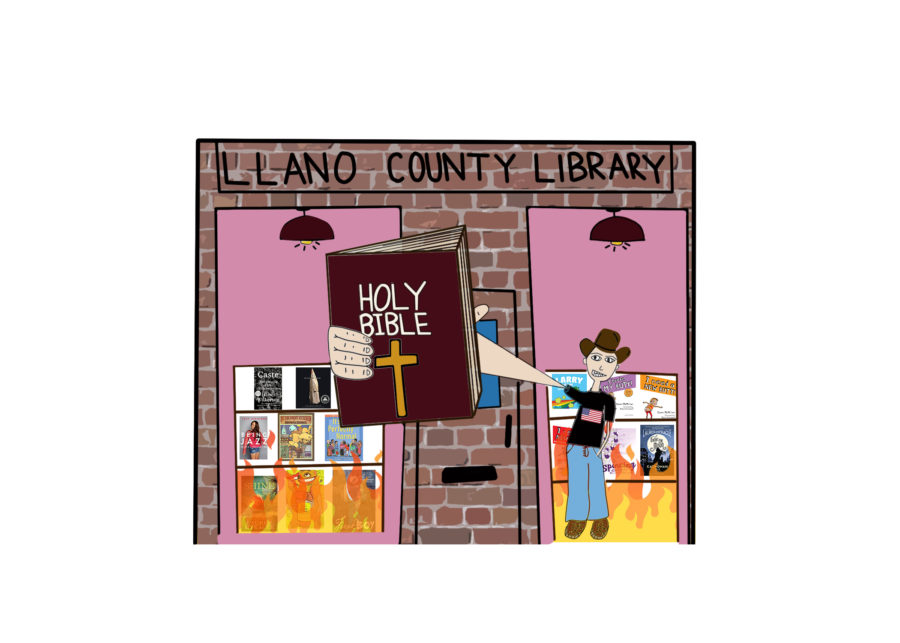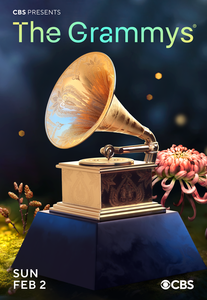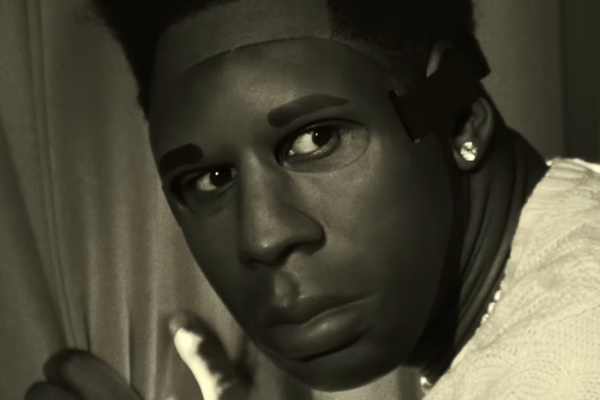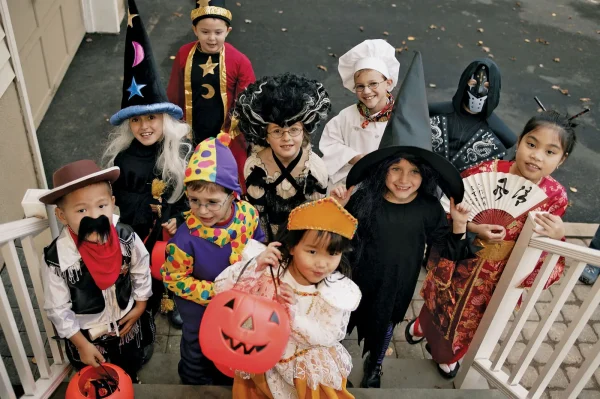Texas book ban a threat to Democracy
Clarion photo Julia Vogel
A Texas county board discussed shutting down their library system entirely instead of reinstating banned books on April 13.
Although the decision was reached to keep the library open, it is yet another worrying sign in an America in which over 2,500 requests to ban books were sent in 2022. This is a sharp increase from 2021, where there were a comparatively small 1,800 requests according to the American Library Association.
As in most of the requests, the books in question were focused on topics such as LGBTQ+ identity and race.
Last year concerned parents came together and sued Llano County after 17 books were banned. They argued that the ideas contained in the books were being targeted instead of the content.
Federal Judge Robert Pitman agreed, and eventually ordered the county to bring the books back to the shelves.
However, the reinstatement of the books proved to be a bigger challenge than one would think. Commissioners considered ending the library altogether to the dismay of the large number of protesters standing outside the library.
In the end, reason won out, and the board decided to keep the library open. Still, many county members are worried about the library’s future.
They have had every right to be concerned for the past year.
No matter the stated goal of removing the books, doing so was a direct attack on freedom of speech. One of the best parts of books is their ability to show people new ideas. Only a truly irrelevant book would solely contain themes that everyone agrees on.
In countries with one party systems, banning specific themes in books is common. If people have access to revolutionary ideas, it makes them much harder to control.
But this should not be accepted in the US, in a country that prides itself on freedom of expression.
Of course, some books may be worth censoring. For example, exposing books advocating for genocide to young children is probably not the best idea in the world.
But the books banned in Llano County were specifically targeting ideas – an act that Supreme Court Case Pico V. Island Trees forbid after a similar case in 1976.
Books that are decided to have “adult” topics can always be put in other sections so that children do not wander upon books showing them different viewpoints.
Ultimately it is up to parents to decide what books are suitable for their children. But different parents will have different opinions. Parents should not be able to prevent all children from reading these books just because they disagree with the ideas they contain.
One group of children especially negatively affected by these bans in general are the very people who these books were written to represent. Imagine being a kid who can only see themselves in a few titles, which are promptly removed because of the type of people they discuss.
However, as horrible as the banning of these books is, the idea of closing the library is even worse. This change would negatively affect everyone in the county, regardless of their position on the banning of the books. People who had no opinion on the matter one way or another would be deprived of an important part of their community. For example, people such as seniors who rely on libraries for activities such as book clubs would lose a vital opportunity to interact with others.
Although it was a close call, the case in Llano County ended up as a victory for democracy, as the library stayed open with the books returned to its shelves. Despite the bumpiness of the journey to justice, it can provide an example for future similar cases – and judging by last year, there seem to be many in our future.
Aside from taking legal action, there is a simpler way of resisting these book bans. Read the books. Expose yourself to new ideas. Do not allow anyone to take away your freedom.
I'm Finn, and I'm currently a Junior at Cleveland. I run for Cleveland's cross country team, and I enjoy hiking and backpacking in my free time.






